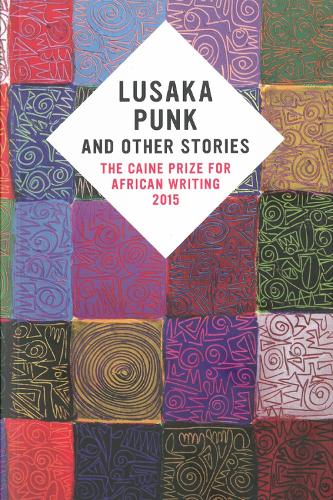
The Caine Prize For African Writing 2015
(Paperback)
Publishing Details
The Caine Prize For African Writing 2015
By (Author) Various
New Internationalist Publications Ltd
New Internationalist Publications Ltd
23rd July 2019
United Kingdom
Classifications
General
Fiction
823.01089609051
Physical Properties
Paperback
272
Width 130mm, Height 195mm
316g
Description
Now in its 16th year, The Caine Prize for African Writing has become an established prize on the literature calendar attracting high-calibre writers from all over the continent. 2015 has been no exception with a record number of eligible entries, 153 stories from 17 African countries. With the short-listed (which includes one past winner and two previously shortlisted writers announced in May, the winner will be revealed at an event taking place on Monday 6th July at the Bodleian Library in Oxford. In celebration of the award and to help bring African fiction to a wider audience, New Internationalist is delighted to publish Lusaka Punk and other stories, an anthology that includes not only this years' five short-listed stories but also a further twelve stories that are the result of a Writers' Workshop that took place in Ghana in April.
Reviews
Africa's most important literary award.' - International Herald Tribune. 'It provokes and challenges' - Harare News, Zimbabwe. 'Dazzling and splendidly diverse' - The Times, UK. To me this isn't just the best fiction Africa has to offer, it's some of the best fiction the world has to offer...These writers are a reminder that there's a huge production of literature going on in Africa that can and should be part of the global conversation. - Coilin Parsons, Irish literary scholar. My favorite story so far is 'Flying' by Elnathan John. 'Flying' is how a short story should be: simple yet moving. The story is about Tachio - a JSS3 (9th grade) dorm leader of a refugee home/school, who believes he can fly once he falls asleep. Elnathan's use of metaphors in comparing human appearances to animals gave the story some spice. - - Darkowaa, African Book Addict. 'Understatement and the unspoken prevail: hints of an orphan's identity bring poignant understanding of his world; the reader is slowly and expertly guided to awareness of a narrator's blindness; there is delicate allusion to homosexual love; a disfigured human body is encountered in relation to adolescent escapades; a nameless wife's insecurities barely mask her understanding of injustice; and, we are given a flash of insight into dark passions that rise out of a surreal resistance culture.' - Zoe Wicomb, South African author.
